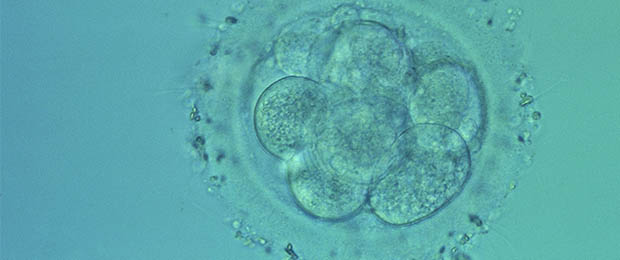Animal experiments have never before been subject to such strict legislation, but they are still open to controversy. The Inserm magazine has devoted an entire issue to animal experimentation, outlining the benefits and presenting alternatives. “Limiting animal research” must be a “permanent goal,” it explained.
In order to carry out a scientific trial involving animals in France, “the need for the experiment in question and the absence of any alternative protocol” must be established via an “ethical approach”.
Thus, a vast number of in silico methods have been developed in recent years. These involve “simulating and modelling biological phenomena and chemical or biochemical reactions” using maths and computer technology. However, these methods have still not been developed to the extent where they can routinely replace animal experiments and disease modelling is still flawed to date. They will “probably never be perfect because they are based on experimental data which are, by definition, unpredictable”.
The in vitro approach is another “alternative”, “which uses isolated, healthy or diseased living cells or tissues. This has made a major contribution to reducing animal experiments, especiallywhen identifying the therapeutic approach”. Amongst other things, the in-vitro approach includes research into embryo stem cells, “used” for disease modelling.
Note from Gènéthique: Research on the embryo: 10 reasons to say no
Science & Santé (mars-avril 2016)

